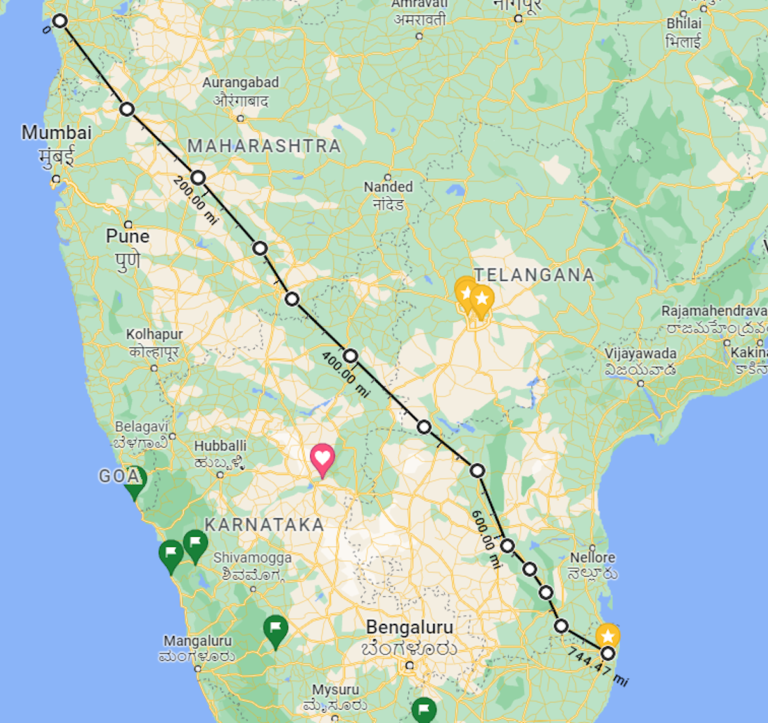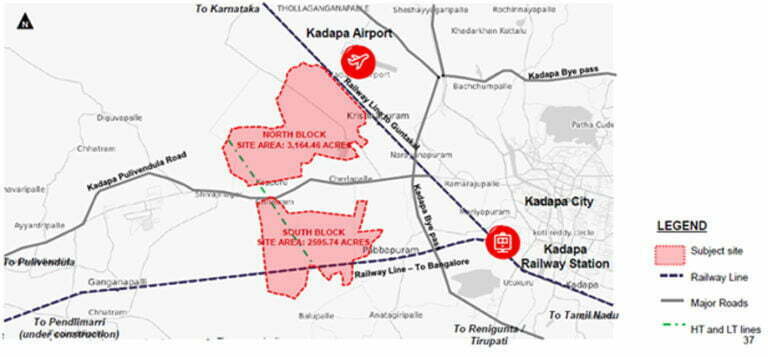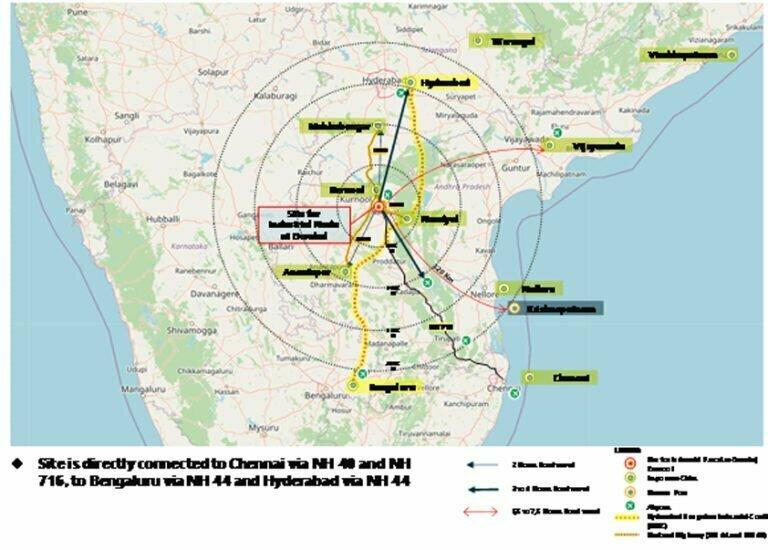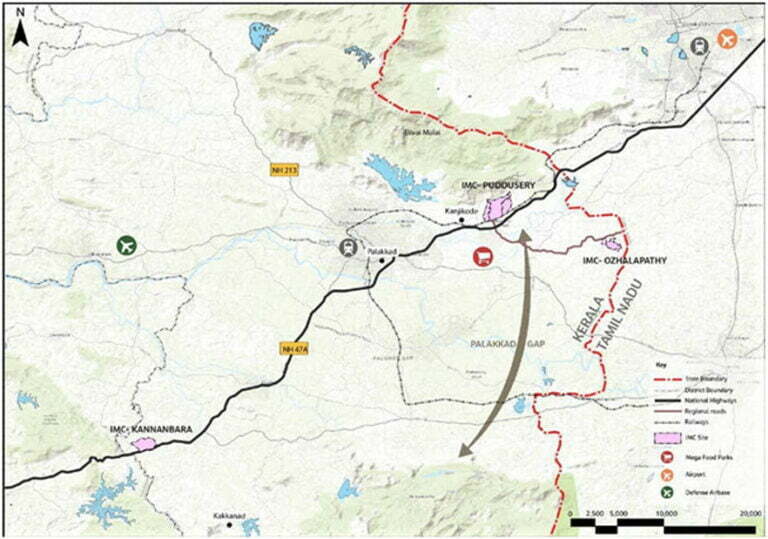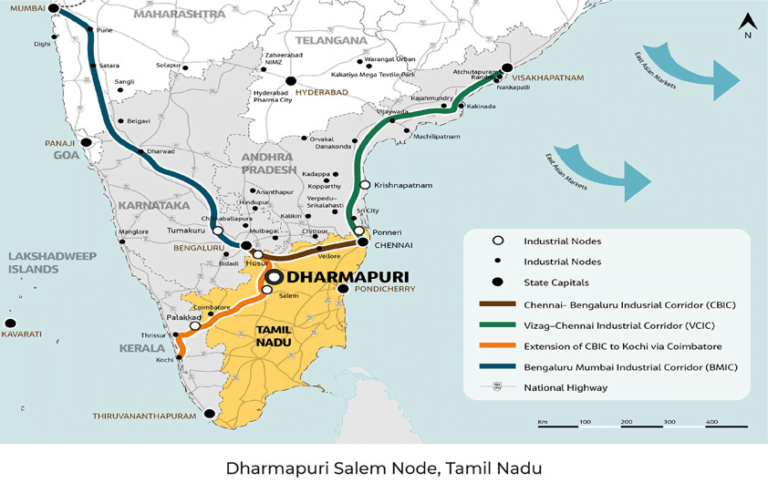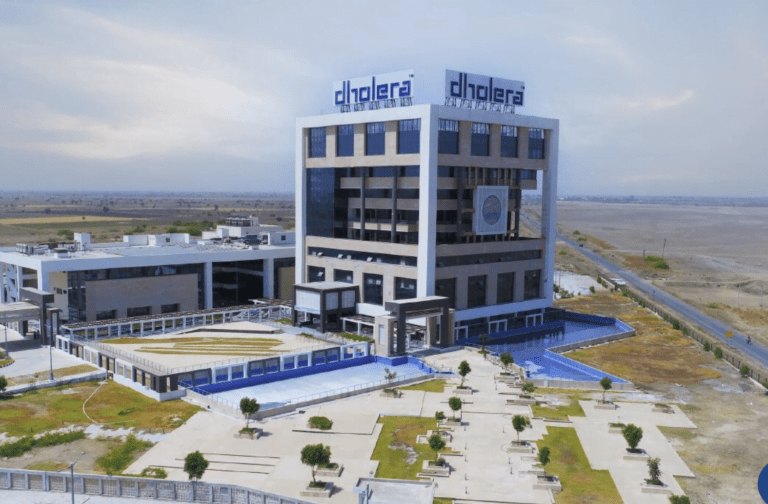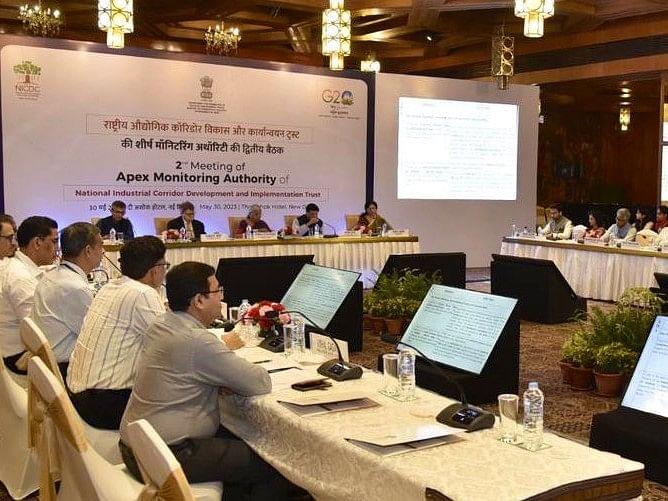
Nirmala Sitharaman, the Finance Minister of the Union, chaired the second meeting of the Apex Monitoring Authority of the National Industrial Corridor Development and Implementation Trust (NICDIT) in New Delhi. This meeting, held in a hybrid format, featured the participation of several Union Ministers, state representatives, and high-ranking officials from various ministries.
In attendance at the meeting were Union Commerce Minister Piyush Goyal, Union Minister Sarbananda Sonowal, Minister of State for Ports, Shipping, and Waterways Suman Bery, Vice Chairman of NITI Aayog, and officials representing 16 states. The primary focus of this gathering was to assess the progress of projects falling under the purview of NICDIT.
NICDIT’s primary objective is to establish environmentally friendly smart industrial cities equipped with sustainable, plug-and-play, and ICT-enabled infrastructure. Finance Minister Nirmala Sitharaman underscored the importance of developing high-quality infrastructure and ensuring the availability of land parcels for investment allocation, with the goal of attracting more investments in the manufacturing sector and bolstering India’s standing in global value chains.
During the review, the Special Secretary of the Department for Promotion of Industry and Internal Trade (DPIIT) apprised the Finance Minister that Round Table Conferences, Roadshows, and meetings with international associations are being organized with the cooperation of states and Special Purpose Vehicles (SPVs), in line with directives from the previous meeting.
NICDIT operates within the broader framework of the PM GatiShakti National Master Plan and aims to provide multi-modal connectivity through flagship schemes such as Bharatmala, Sagarmala, National Waterways, Dedicated Freight Corridors, and National Gas Grid, among others.
Sitharaman emphasized the significance of the FIRE (Freight corridors, Industrial corridors, Railways, and Expressways) concept in driving industrialization and economic development in India, aligning with Prime Minister Narendra Modi’s vision of a developed India by 2047.
Furthermore, Sitharaman stressed the need to avoid politicizing economic development and urged all states to collaborate as a united “Team India” in addressing challenges related to the development of industrial corridors. She sought the support of states in resolving issues associated with land acquisition, external infrastructure connections, and other operational aspects of the industrial corridors.

